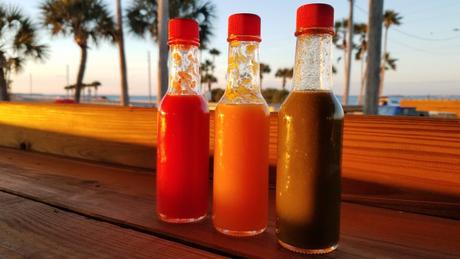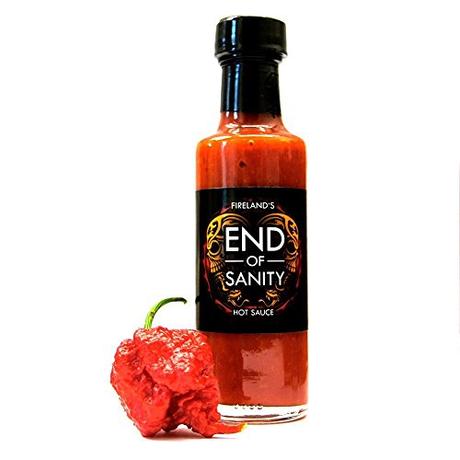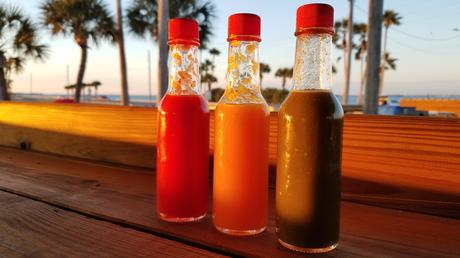
Are you that person who can't get enough of spice in their food? A multitude of people are, they have a thing for extremely spicy food, even if they can't take it, they push themselves because like sugar high, you can get a spice high too! The ones who do it will know it.
There are at least a dozen varieties of peppers, some are common in India whereas many are not. If you ever felt like you have tried everything you like but still feel like something is missing, maybe its the spice. Now, what that means is spice junkies look out for different types of heat or different sources of it but that feeling is hard to explain. Let us explore chilies from the rest of the world.
It is interesting that there is a scale to calculate the heat of our peppers. The instrument is called the Scoville Scale invented by an American pharmacist in 1912. Capsaicin is a compound found in chilies, the concentration of his compound is calculated to measure its pungency.
Here are a some of the hottest peppers in the world. The unit of measurement is SHU and the
CAUTION: The person eating these is subject to allergies, headaches and stomach burns, diarrhea and cancer. Hence, the post does not encourage or persuade the readers to try them. Pepper XIt is the hottest pepper in the world with a colossal 3,18,0000 on the scoville scale. Pepper X is not a pure breed, it is a result of many cross breeds, and is grown by Ed Currie.
Dragon's breathThis too was developed by a man called Neal Price who is a chili farmer in the United Kingdom. It has a pungency of 2.48 million on the scale. Dragon's breath pepper was first developed as a possible skin anesthetic. It apparently has the ability to numb the skin.
Carolina ReaperThis is also among the top three hottest peppers which is found in South Carolina, US. A man once had it and suffered from "thunderclap headaches". The pepper has a very high density of capsaicinoids of 1.56 million SHU.

This is probably the most liked of all, it is available, hot and tolerable. It belongs to the Capsicum family and is found in Africa. Piri is actually "pepper pepper" in Swahili. This one has a moderate pungency between 50,000-1,75,000 SHU.



